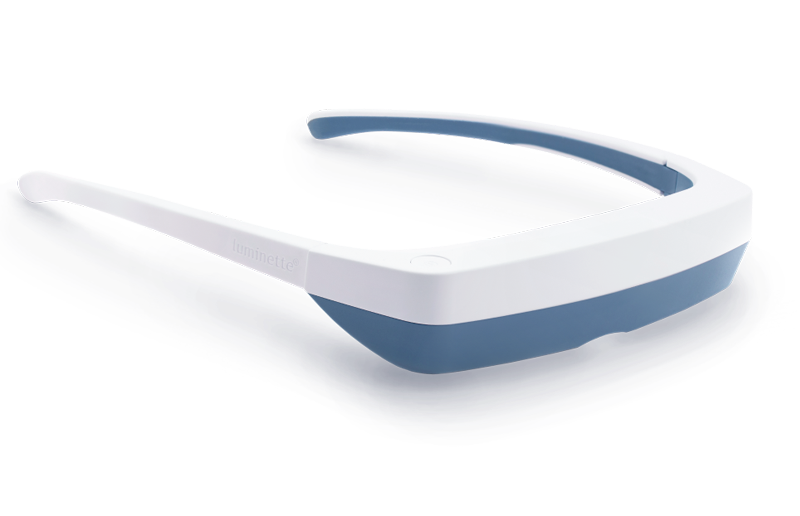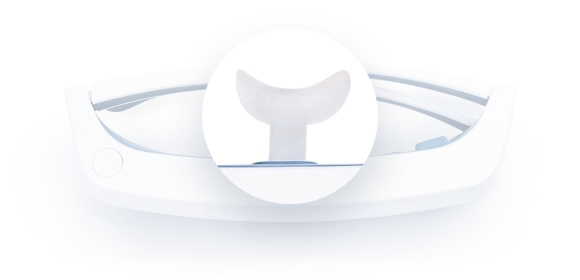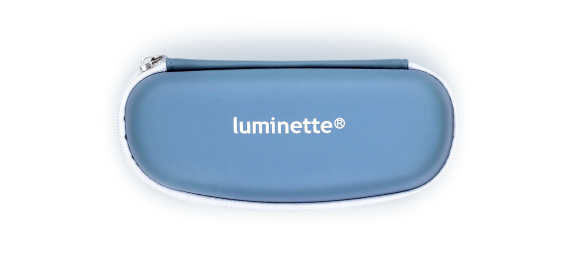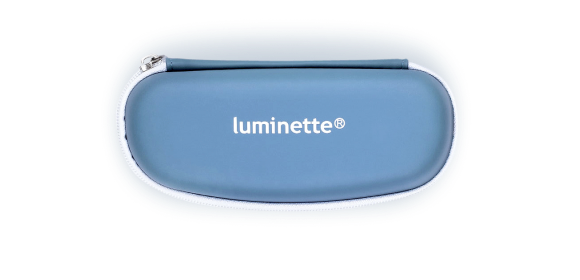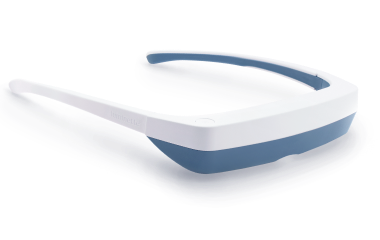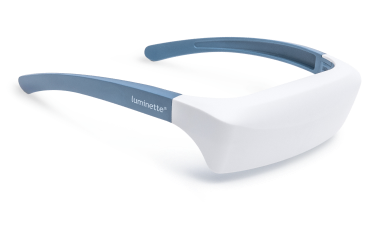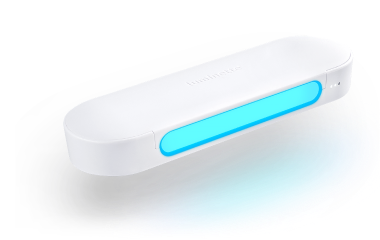Getting a good night's sleep is essential for our physical and mental health, yet many of us struggle to get the rest we need. Whether it's difficulty falling asleep, staying asleep, or waking up feeling unrefreshed, poor sleep can take a toll on our productivity, mood, and overall well-being.
Fortunately, there are a variety of simple yet effective ways to create a restful sleep environment that can improve the quality of our sleep. From optimizing our bedroom layout to developing healthy sleep habits, the tips and strategies we'll explore in this article will help you create the best possible conditions for a good night's sleep. By implementing these tips, you can wake up feeling refreshed and energized, ready to tackle whatever the day may bring.
Importance of Good Sleep
Good sleep is more than just a recharge for your body; it's fundamental for maintaining mental and physical health. According to the National Sleep Foundation, adults need 7-9 hours of sleep per night to function optimally. Lack of sleep can lead to a host of issues, including impaired cognitive function, mood swings, and weakened immune response. In children and teens, insufficient sleep can affect growth and development.
Quality sleep also plays a vital role in regulating various bodily functions. It aids in memory consolidation, cellular repair, and hormone regulation. For instance, deep sleep stages are crucial for the release of growth hormone, which is essential for tissue repair and muscle growth.
Understanding the importance of good sleep lays the foundation for adopting practices that promote restful slumber. By prioritizing sleep, you're investing in your overall health and well-being.
Sleep Hygiene Practices
"Sleep hygiene" refers to a set of habits that can help you get a good night's sleep. One critical aspect is maintaining a consistent sleep schedule. Going to bed and waking up at the same time every day helps regulate your body's internal clock, known as the circadian rhythm.
Creating a comfortable sleep environment is also key. Ensure your bedroom is dark, quiet, and cool. Consider using blackout curtains, earplugs, or a white noise machine to eliminate disturbances that could disrupt your sleep.
Developing a pre-sleep routine can signal to your body that it's time to wind down. Activities such as reading a book, taking a warm bath, or practicing gentle yoga can help prepare your mind and body for sleep.
Relaxation Techniques for Better Sleep
Techniques such as deep breathing, progressive muscle relaxation, and meditation can be incredibly effective in promoting sleep. Deep breathing involves taking slow, deep breaths to help calm the nervous system. Try inhaling slowly through your nose, holding your breath for a few seconds, and then exhaling slowly through your mouth.
Progressive muscle relaxation involves tensing and then slowly releasing each muscle group in your body. This technique helps relieve tension and promotes physical relaxation, making it easier to drift off to sleep.
Meditation and mindfulness practices can help quiet a racing mind. Apps like Headspace and Calm offer guided meditations specifically designed to help with sleep. Incorporating these relaxation techniques into your nightly routine can significantly improve your ability to fall and stay asleep.
Dietary Tips for Improved Sleep
What you eat and drink can significantly impact your sleep quality. Consuming a balanced diet rich in vegetables, fruits, lean proteins, and whole grains promotes overall health and well-being, which in turn supports better sleep.
Avoid heavy meals, caffeine, and alcohol close to bedtime. Caffeine and nicotine are stimulants that can interfere with your ability to fall asleep. While alcohol might make you feel drowsy, it can disrupt your sleep cycle and decrease the quality of your rest.
Certain foods contain nutrients that may promote sleep. For instance, tryptophan, an amino acid found in turkey, milk, and bananas, can help increase the production of melatonin, the sleep hormone. Incorporating these foods into your evening meals may help improve your sleep.
Tips to Improve Sleep
Creating a sleep-friendly environment is just as important as adopting healthy sleep habits when it comes to getting a good night's rest. By designing a space that's calming, comfortable, and conducive to sleep, you can help ensure that you're able to fall asleep easily and stay asleep throughout the night.
1. Optimize Room Temperature for Best Sleeping Conditions
The perfect sleeping temperature is between 60 and 67 degrees Fahrenheit. Make sure your bedroom is well-ventilated, and use fans or air conditioning to maintain a cool, comfortable temperature.
2. Block Out Noise for a Peaceful Night's Rest
Unwanted noise can disrupt sleep and lead to sleep deprivation. Use earplugs for sleeping or a white noise machine to block out sounds that may disturb your sleep.
3. Create a Dark Environment for Quality Sleep
Light can interfere with sleep quality, so it's important to create a dark environment in your bedroom. Use blackout curtains or an eye mask to block out any light that may enter your room.
4. Incorporate Soothing Scents for Relaxation
Certain scents, such as lavender, chamomile, and vanilla, have been shown to promote relaxation and improve sleep quality. Use essential oils or scented candles to add a soothing aroma to your bedroom.
5. Keep Your Sleep Space Organized and Clutter-Free
A cluttered bedroom can make it difficult to relax and fall asleep. Keep your sleep space organized and free of clutter to promote a calm and peaceful environment.
6. Minimize Screen Time Before Bedtime
The blue light emitted by electronic devices can disrupt your body's natural sleep-wake cycle and make it difficult to fall asleep. Minimize screen time before bedtime and avoid using electronic devices in the bedroom.
7. Choose the Right Bedding for Maximum Comfort
Invest in high-quality, comfortable bedding to ensure a good night's sleep. Choose bedding that feels soft and cozy, and consider using a mattress topper or supportive pillow for added comfort.
Physical Activity and Sleep
Regular physical activity can greatly enhance the quality of your sleep. Exercise helps reduce stress and anxiety, which are common barriers to restful sleep. Engaging in moderate aerobic activity, such as brisk walking or swimming, can help you fall asleep faster and enjoy deeper sleep.
However, the timing of your exercise matters. Exercising too close to bedtime can have the opposite effect, making it harder to fall asleep. Aim to finish your workout at least 3 hours before you plan to go to bed.
Incorporating activities like yoga and stretching can also promote relaxation and improve sleep quality. These activities help reduce muscle tension and promote a sense of calm, making it easier to transition to sleep.
Addressing Sleep Disorders
If you consistently struggle with sleep despite following good sleep hygiene practices, you may be dealing with a sleep disorder. Common sleep disorders include insomnia, sleep apnea, and restless legs syndrome.
Insomnia is characterized by difficulty falling or staying asleep. Cognitive-behavioral therapy for insomnia (CBT-I) is an effective treatment that focuses on changing the thoughts and behaviors that keep you awake.
Sleep apnea is a condition where breathing repeatedly stops and starts during sleep. It often requires medical intervention, such as a continuous positive airway pressure (CPAP) machine. If you suspect you have sleep apnea, consult a healthcare professional for a proper diagnosis and treatment.
Restless legs syndrome causes uncomfortable sensations in the legs and an irresistible urge to move them. Lifestyle changes, medications, and leg massages can help alleviate symptoms.
Light Therapy Device for Improved Sleep
Light therapy can be an effective tool for improving sleep, particularly for those who struggle with maintaining a regular sleep schedule. Light therapy involves exposure to a light box that mimics natural sunlight, helping to regulate your circadian rhythm.
The Myluminette light therapy glasses are designed to improve sleep quality by providing bright light therapy in a convenient and portable form. Using the Myluminette device for just 20-30 minutes in the morning can help reset your internal clock, making it easier to fall asleep at night and wake up feeling refreshed.
Light therapy is particularly beneficial for individuals with seasonal mood swings or those who experience difficulty adjusting to changes in their sleep schedule, such as shift workers or frequent travelers.
Conclusion
Achieving restful sleep is essential for overall health and well-being. By implementing good sleep hygiene practices, incorporating relaxation techniques, paying attention to your diet and physical activity, addressing any sleep disorders, and exploring light therapy, you can significantly improve your sleep quality.
Remember, everyone’s sleep needs are different, so it’s important to find the strategies that work best for you. Prioritizing sleep and making small adjustments to your daily routine can lead to long-term benefits for your health and happiness.
If you're ready to take the next step in optimizing your sleep, consider exploring the Myluminette light therapy device. And don't hesitate to reach out to healthcare professionals if you need further guidance on improving your sleep.
FAQ
What is the most effective way to fall asleep quickly?
The most effective way to fall asleep quickly is to establish a consistent bedtime routine that includes relaxation techniques such as deep breathing, progressive muscle relaxation, or meditation. Creating a sleep-friendly environment by keeping your bedroom cool, dark, and quiet can also help you fall asleep faster. Avoiding caffeine and electronic devices before bedtime can further enhance your ability to fall asleep quickly.
How can I improve my sleep hygiene?
Improving sleep hygiene involves establishing a regular sleep schedule, creating a comfortable sleep environment, and developing a pre-sleep routine. It's important to go to bed and wake up at the same time every day, even on weekends. Make your bedroom conducive to sleep by keeping it cool, dark, and quiet. Engage in relaxing activities before bed, such as reading, taking a warm bath, or practicing gentle yoga.
What relaxation techniques help with falling asleep?
Effective relaxation techniques for falling asleep include deep breathing, progressive muscle relaxation, and meditation. Deep breathing involves taking slow, deep breaths to calm the nervous system. Progressive muscle relaxation helps relieve tension by tensing and then slowly releasing each muscle group. Meditation and mindfulness practices can quiet a racing mind and promote relaxation, making it easier to fall asleep.
Are there any specific foods that can help me sleep better?
Certain foods contain nutrients that may promote sleep. Tryptophan, an amino acid found in turkey, milk, and bananas, can help increase the production of melatonin, the sleep hormone. Additionally, foods rich in magnesium, such as almonds and spinach, can help relax muscles and improve sleep quality. Avoiding heavy meals, caffeine, and alcohol close to bedtime can also contribute to better sleep.
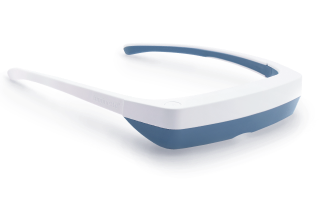
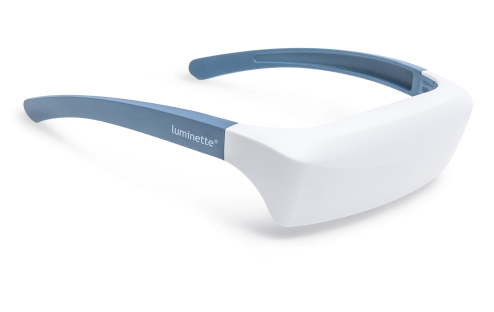
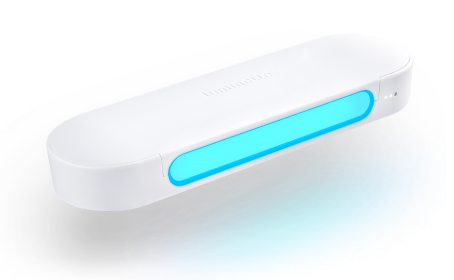
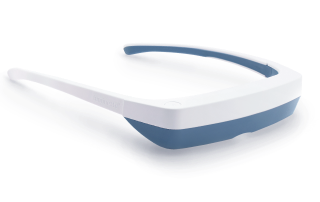
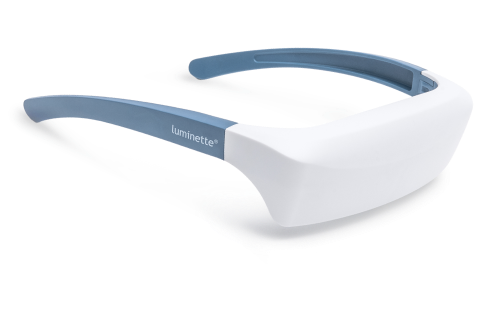
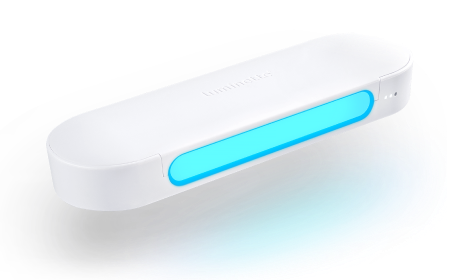
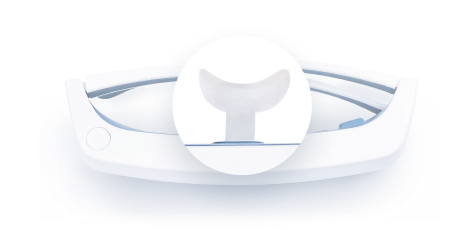
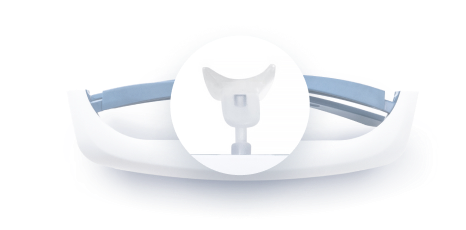
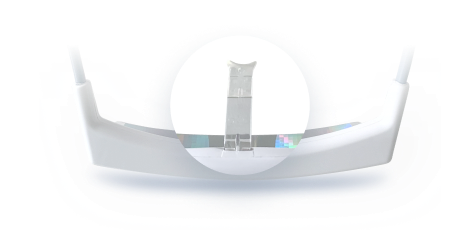
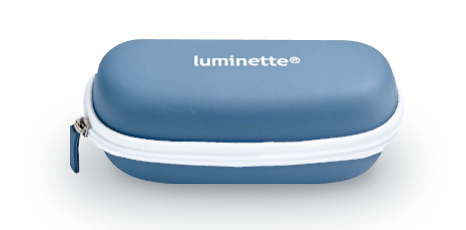
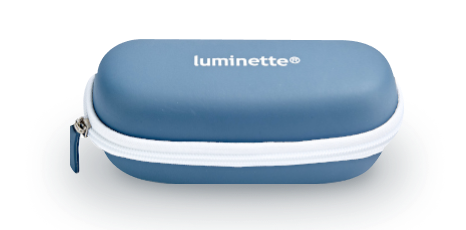





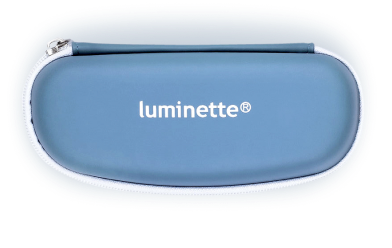
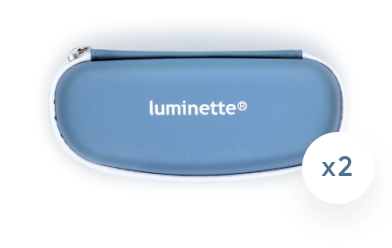
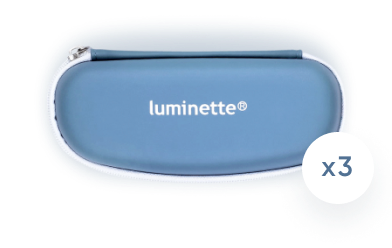
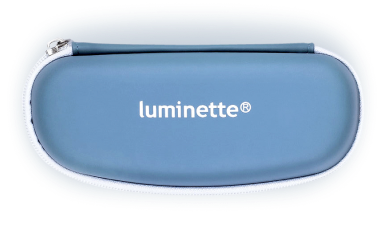
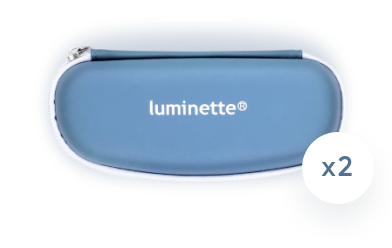
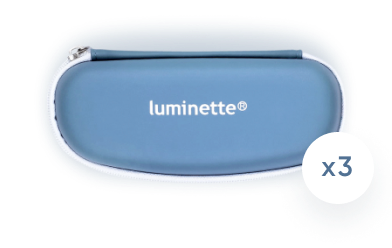
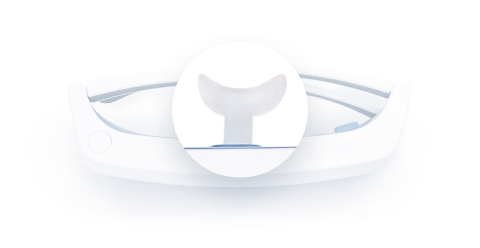
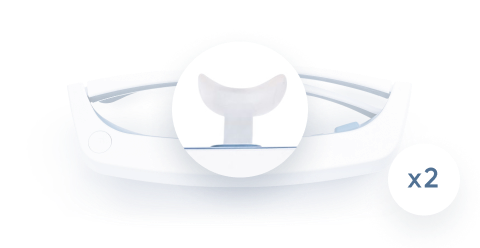
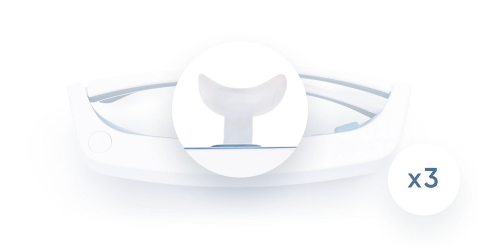
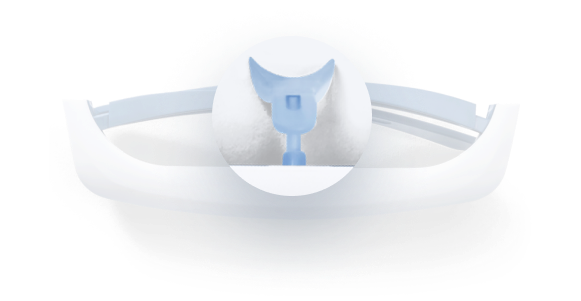
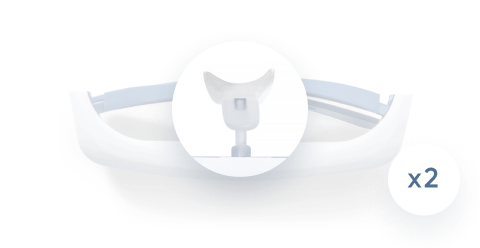
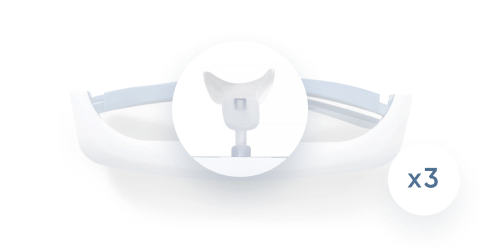
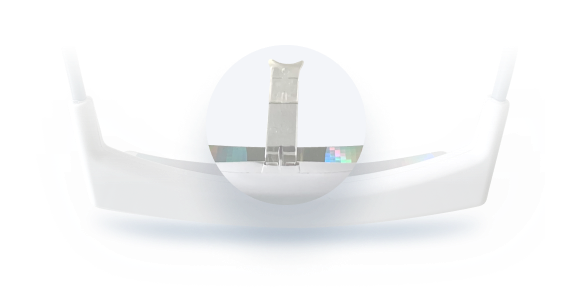









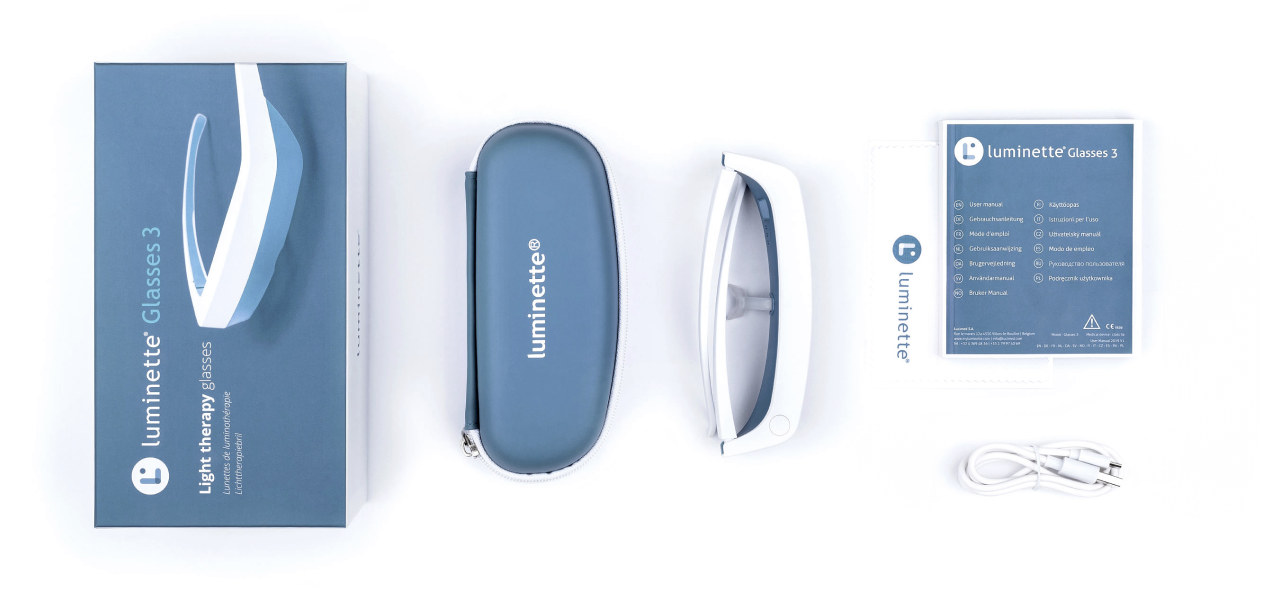

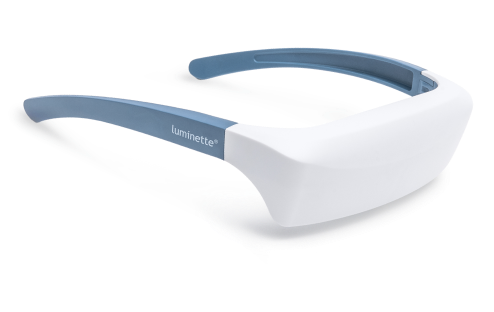
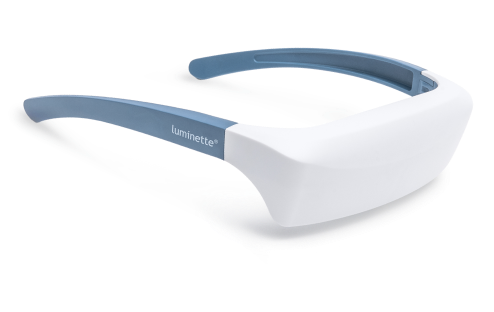
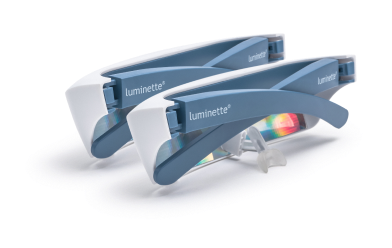

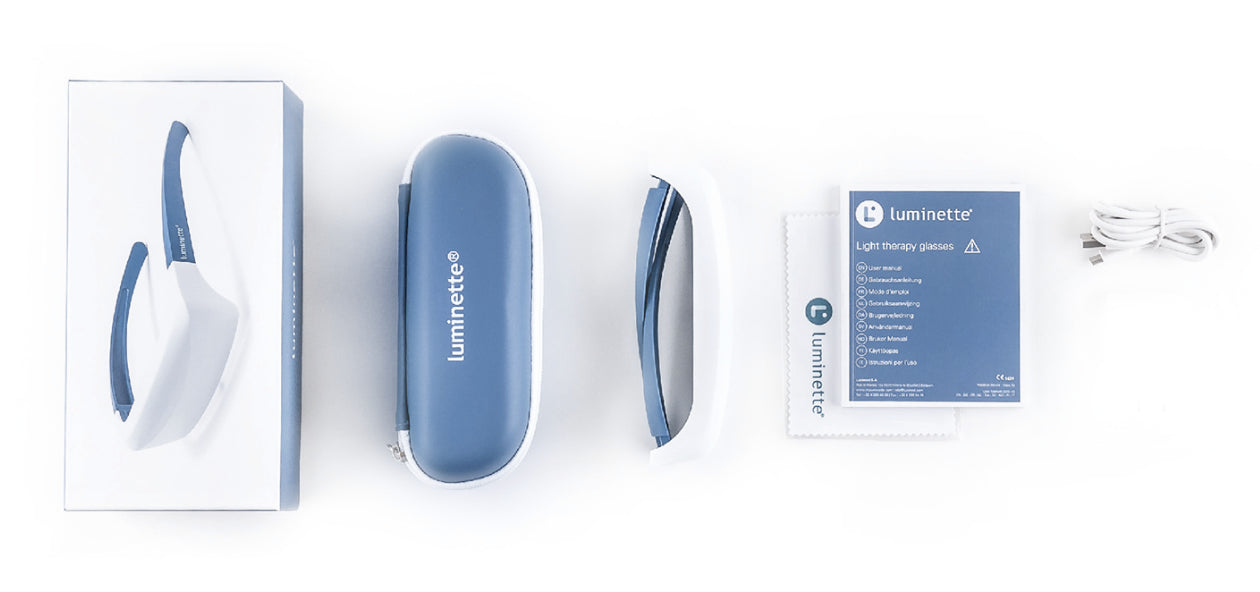
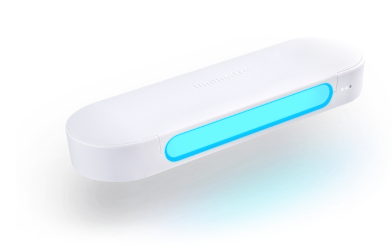
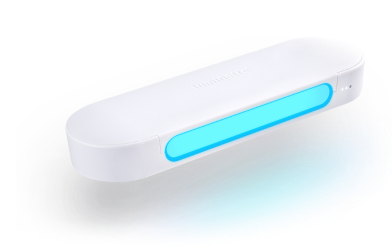
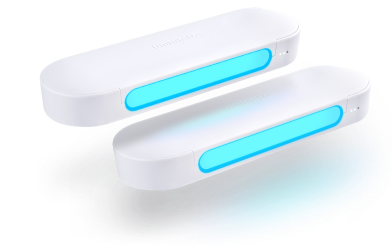
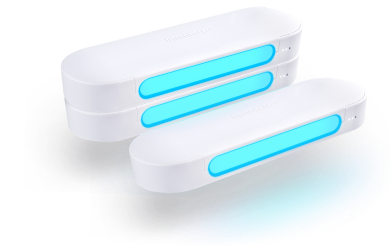
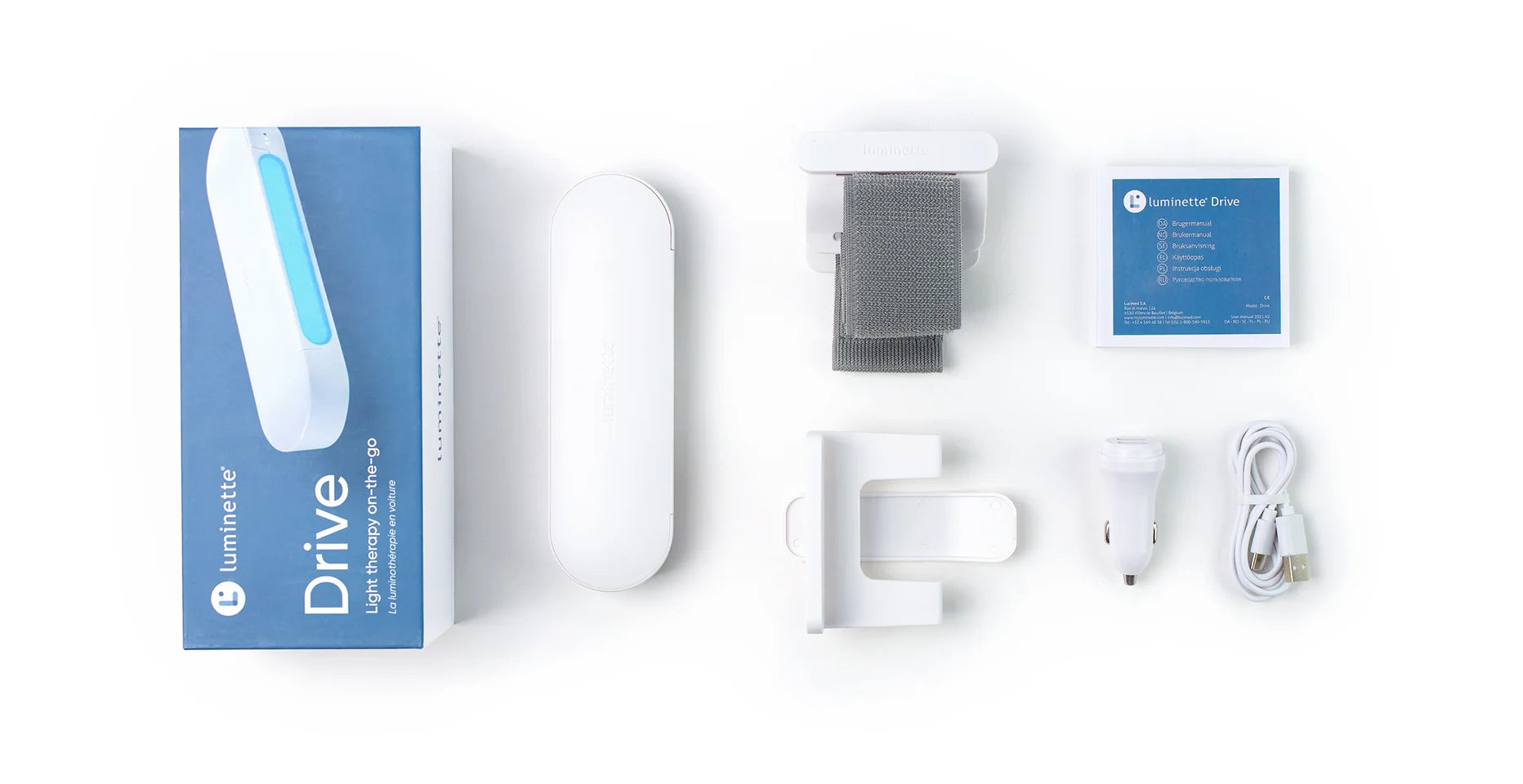

 Please note
Please note



